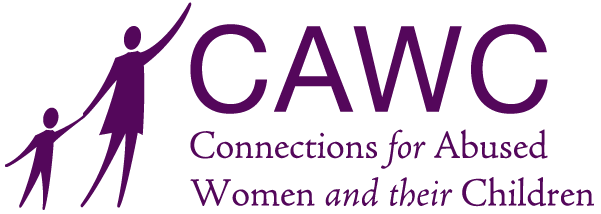Domestic violence can happen to anyone, and survivors of domestic violence encompass every gender, race, ethnicity, and sexual orientation. However, some groups experience domestic violence at higher rates than others. Studying these demographic trends can help professionals identify the underlying social, cultural, and economic risk factors for domestic violence, and also guide prevention efforts.
The Demographics of Domestic Violence
In the United States, more than 10 million people experience domestic violence in a given year. Here, we’ll explore some statistics that help break down that total a little more:
● Women experience domestic violence at a higher rate than men do. According to the National Domestic Violence Hotline, 29% of women (nearly 3 in 10) and 10% of men (1 in 10) have experienced rape, physical violence, and/or stalking by a partner.
● People of color experience domestic violence at higher rates than their white counterparts. At around 9.2%, Black individuals experience the highest rates of domestic violence, followed by Hispanic individuals (8.6%), American Indian/Alaska Native (8.2%), and non-Hispanic whites (5.7%). Notably, 12.5% of multiracial individuals reported experiencing domestic violence in the past 12 months. (Centers for Disease Control and Prevention, as reported by PLOS ONE)
● Younger individuals aged 18-24 have the highest incidences of domestic violence. Out of the total number of domestic violence survivors, 38.6% of women and 47.1% of men first experienced intimate partner violence while in that age range. (DomesticShelters.org)
● Queer women are significantly more likely to experience abuse than their heterosexual counterparts. Over 40% of lesbian women and over 60% of bisexual women have experienced rape, physical violence, and/or stalking. For men, 26% of gay men and just over 37% of bisexual men experience abuse. Although data on transgender people is hard to find, experts believe that statistics for that group may be even higher. (The National Coalition Against Domestic Violence)
At Connections for Abused Women and Their Children (CAWC), we believe that everyone has a right to a life free of violence. Our mission to end domestic violence is rooted in education, service, and advocacy. In addition to working toward broader social change, we provide empowerment-based and trauma-informed support in the form of shelter, counseling, and advocacy to individuals affected by domestic violence and their children. If you or someone you know is struggling with domestic violence, don’t hesitate to call our 24-hour hotline at (773) 278-4566. To support our work, consider volunteering or donating.
